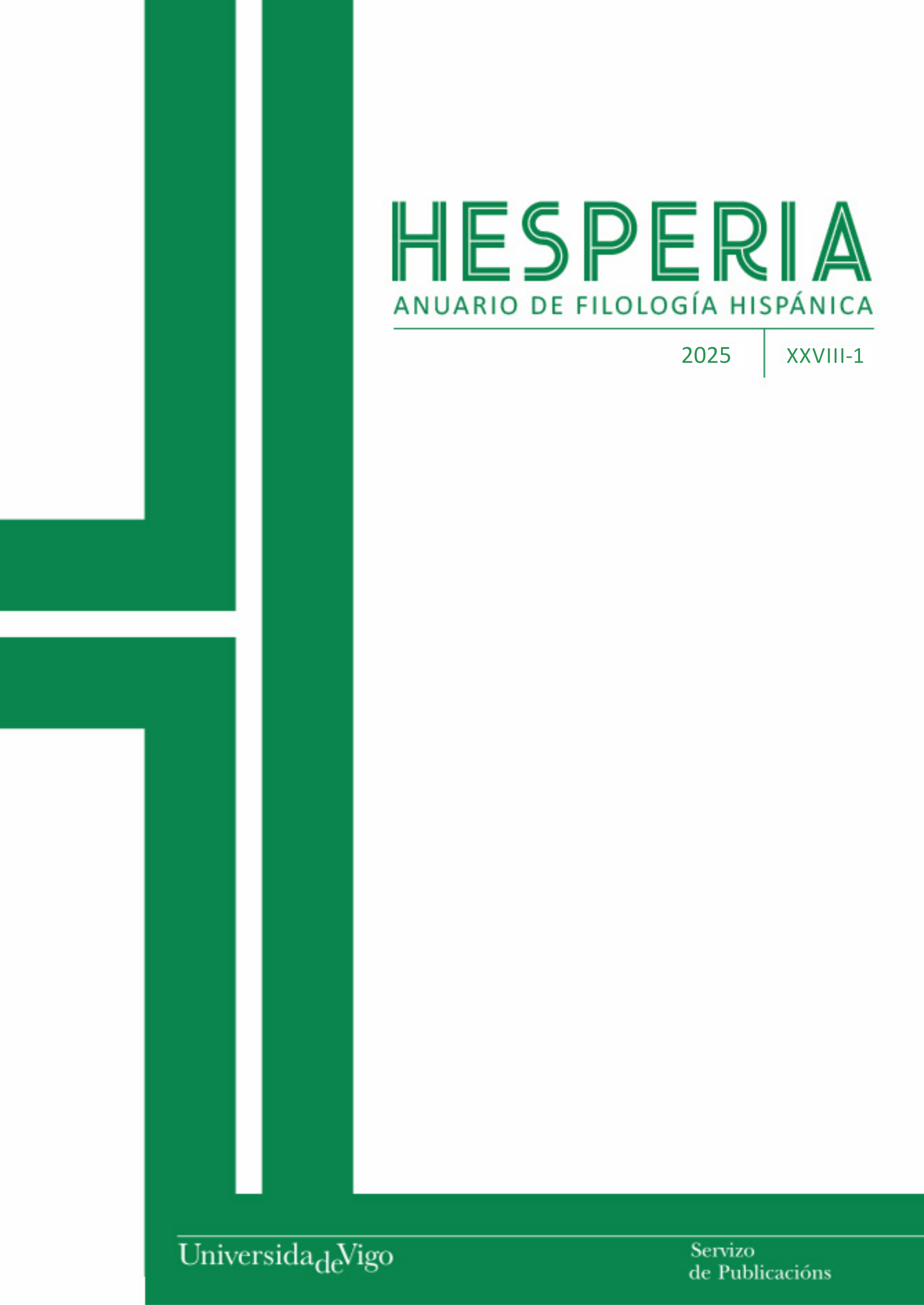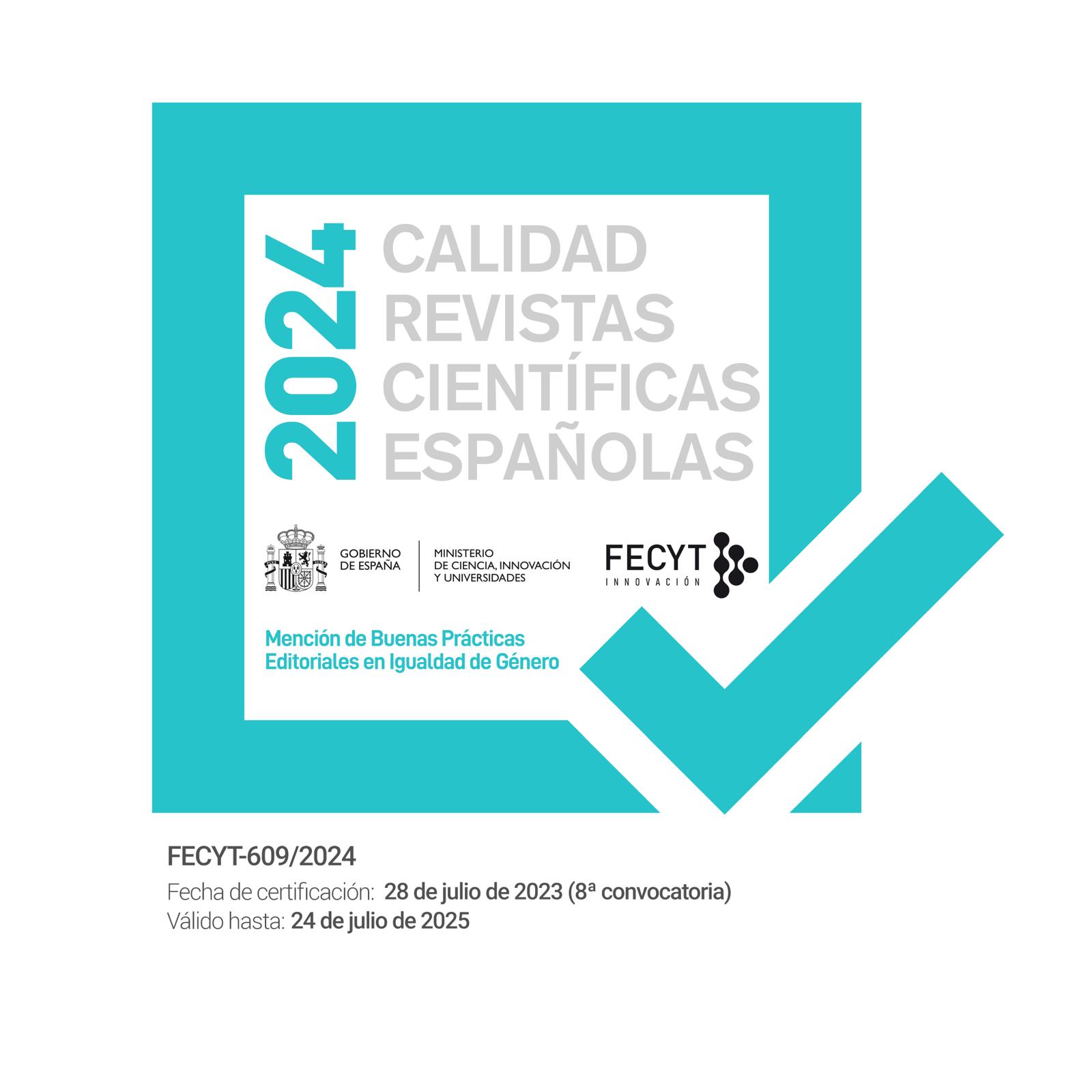From Chanson de Geste to Pulp Fiction.
The Affront of Corpes in Luz de domingo, by Ramón Pérez de Ayala
DOI:
https://doi.org/10.35869/hafh.v28i1.5990Keywords:
Pérez de Ayala, Ortega and Gasset, Cantar de Mío CidAbstract
In Luz de domingo, one of the Novelas poemáticas de la vida española (1916), Pérez de Ayala compels his protagonists, Cástor and Balbina, to confront the legendary history of Spain (expressed in the negative comparison between Cástor and el Cid) and the most brutal impulses of some of its inhabitants (materialized in the rape of Balbina). Ortega, leader of the Generation of 14, had already begun to outline his project of national political regeneration and to portray the select minority that was meant to lead the "generation" of Spain as an organic state. This select minority was characterized as youthful and purified (as opposed to the supposed degeneration of the previous generation). And in “La pedagogía social como programa político” (1910) Ortega had pointed out the two obstacles that this ascetic, promising and committed youth would have to face in order to regenerate the country, and they were precisely the legendary past and brute sensuality. Pérez de Ayala, in Luz de domingo, seems to gloss critically and fatally the regenerative political project championed by Ortega, and he does so on two levels: both the active and ascetic youth and the project of national regeneration seem doomed to failure. There is also a third critical level, which is related to the theory of the novel that Ortega had articulated in Meditaciones del Quijote (1914), in which the novel was constructed as a degraded form of the epic, which assumes in Pérez de Ayala's text the medieval form of Chanson de Geste. Ayala focuses on two specific episodes of Cantar de Mío Cid, one of the main nuclei of the legendary history of the country: the affront of Corpes and the justice that the Campeador obtained from Alfonso VI. These specific episodes will end up progressively degraded to lower and lower forms of nineteenth-century popular literature in Luz de Domingo.















